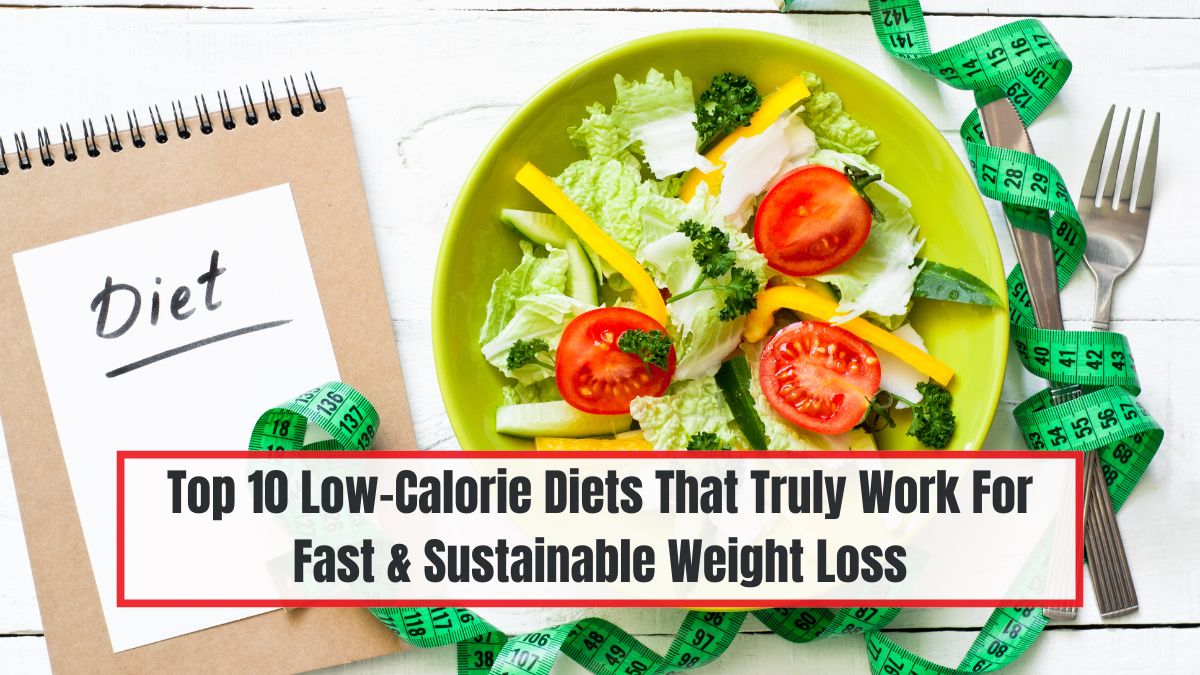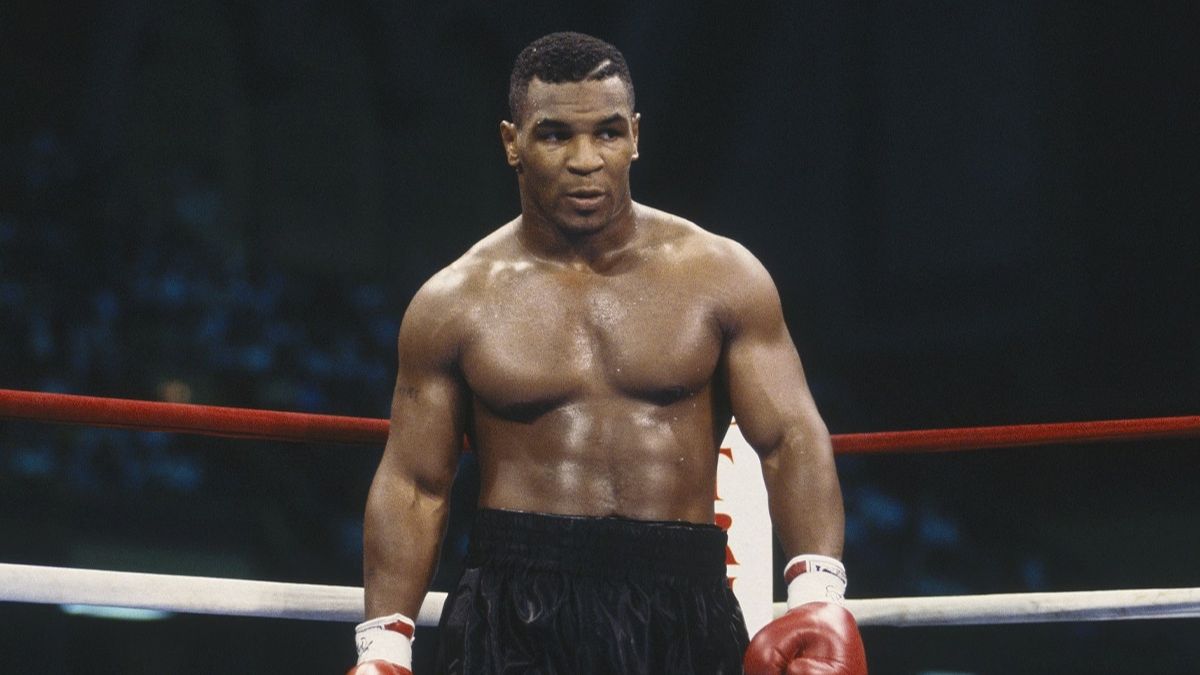Embarking on a weight loss journey requires selecting a diet that not only promotes quick results but also ensures long-term sustainability.
Below is a comprehensive guide to ten effective low-calorie diets that have been shown to facilitate rapid and sustainable weight loss.
1. Mediterranean Diet
Emphasizing fruits, vegetables, whole grains, legumes, and healthy fats like olive oil, the Mediterranean diet is renowned for its heart-healthy benefits.
It limits red meat and sugar intake, promoting a balanced and nutritious eating pattern. Studies have linked this diet to improved weight management and reduced risks of chronic diseases.
2. DASH Diet (Dietary Approaches to Stop Hypertension)
Originally designed to combat high blood pressure, the DASH diet focuses on consuming ample fruits, vegetables, whole grains, and lean proteins while reducing salt, red meat, and added sugars.
While not specifically a weight loss diet, many individuals experience weight reduction due to its emphasis on nutrient-dense, low-calorie foods.
3. Intermittent Fasting (5:2 Diet)
The 5:2 diet involves eating normally five days a week and restricting calorie intake to 500–600 calories on the remaining two days.
This intermittent fasting approach can lead to significant weight loss, with women typically losing 1–2 pounds per week. It offers flexibility, allowing individuals to choose fasting days that best fit their schedules.
4. Volumetrics Diet
The Volumetrics diet emphasizes foods with low energy density, meaning they provide fewer calories relative to their weight.
By focusing on consuming larger portions of low-calorie foods like fruits and vegetables, individuals can feel full while reducing overall calorie intake, promoting weight loss.
5. WeightWatchers
WeightWatchers utilizes a point-based system where foods are assigned values based on their nutritional content.
Participants are allotted a daily point budget, encouraging mindful eating and portion control. This structured yet flexible approach has been effective for many in achieving and maintaining weight loss.
6. Very Low-Calorie Diet (VLCD)
A VLCD involves consuming fewer than 800 calories per day, typically through nutritionally complete meal replacements.
Under medical supervision, individuals may lose up to 3–5 pounds per week. Due to its restrictive nature, this diet is generally recommended for those with significant weight loss needs and should be followed short-term.
7. Low-Carbohydrate Diet
Reducing carbohydrate intake can lead to rapid weight loss by prompting the body to burn fat for energy. Diets like the Atkins or Ketogenic diets focus on high protein and fat consumption while limiting carbs, which can result in effective weight loss and improved blood sugar control.
8. Plant-Based Diet
Focusing on consuming plant-derived foods and minimizing or eliminating animal products, a plant-based diet is typically high in fiber and lower in calories.
This diet can lead to weight loss and offers additional health benefits, such as improved heart health and reduced risk of chronic diseases.
9. Protein-Sparing Modified Fast (PSMF)
The PSMF is a type of VLCD that emphasizes high protein intake while severely restricting fats and carbohydrates. Designed to preserve muscle mass during rapid weight loss, it includes lean protein sources and requires medical supervision due to its restrictive nature.
10. Low-Fat Diet
A low-fat diet reduces the percentage of calories from fat, focusing instead on carbohydrates and proteins. By limiting high-fat foods, individuals can decrease their overall calorie intake, leading to weight loss. This approach often includes plenty of fruits, vegetables, and whole grains.
| Diet | Caloric Intake | Key Components | Potential Weight Loss |
|---|---|---|---|
| Mediterranean Diet | ~1,500/day | Fruits, vegetables, whole grains, healthy fats | Sustainable, gradual |
| DASH Diet | ~1,500/day | Fruits, vegetables, whole grains, lean proteins, low sodium | Gradual |
| Intermittent Fasting (5:2) | Varies | Normal eating 5 days; 500–600 calories 2 days | 1–2 lbs/week |
| Volumetrics Diet | Varies | Low energy-dense foods, high water content | Varies |
| WeightWatchers | Varies | Point-based system, balanced nutrition | Varies |
| Very Low-Calorie Diet (VLCD) | <800/day | Meal replacements, medical supervision | 3–5 lbs/week |
| Low-Carbohydrate Diet | Varies | High protein and fat, low carbohydrate | Rapid initial loss |
| Plant-Based Diet | Varies | Fruits, vegetables, legumes, whole grains | Gradual |
| Protein-Sparing Modified Fast | <800/day | High protein, low carb and fat, medical supervision | Rapid |
| Low-Fat Diet | Varies | Low-fat foods, higher in carbs and proteins | Gradual |
Selecting the right low-calorie diet depends on individual preferences, health status, and weight loss goals. It’s crucial to choose a diet that not only promotes weight loss but also supports overall health and is sustainable in the long term.
Consulting with healthcare professionals before embarking on any diet plan is advisable to ensure it aligns with personal health needs.
FAQs
Are low-calorie diets safe for everyone?
Not always. VLCDs should be medically supervised, and those with health conditions should consult a doctor before starting.
How fast can I lose weight on a low-calorie diet?
A 500–1000 calorie deficit can lead to 1–2 lbs/week, while VLCDs may result in 3–5 lbs/week but require caution.
What are the side effects of low-calorie diets?
Common side effects include fatigue, dizziness, nutrient deficiencies, and muscle loss. A balanced diet is key to minimizing risks.




